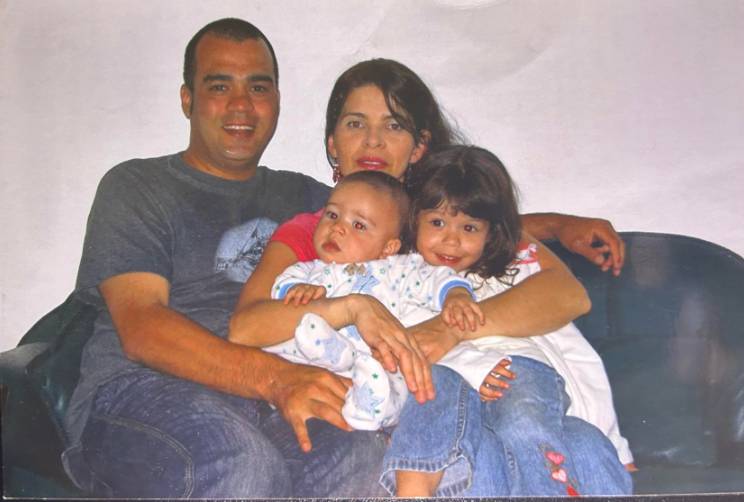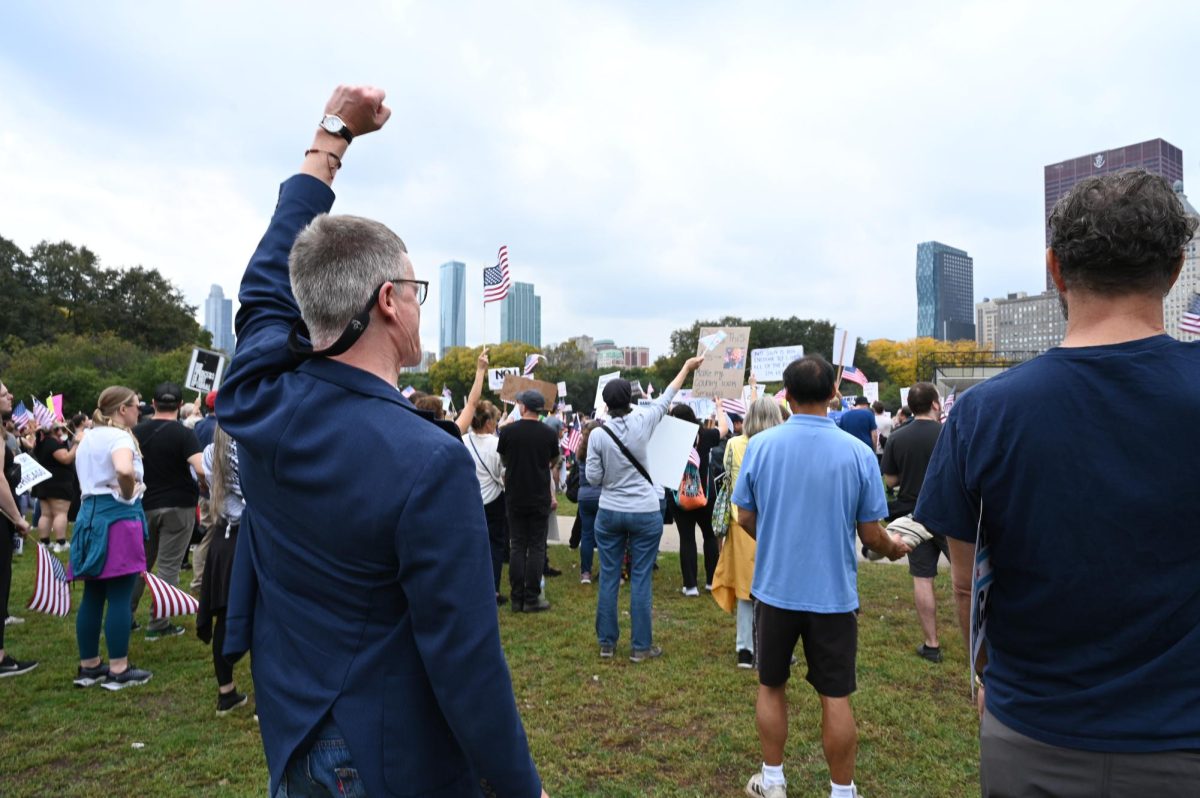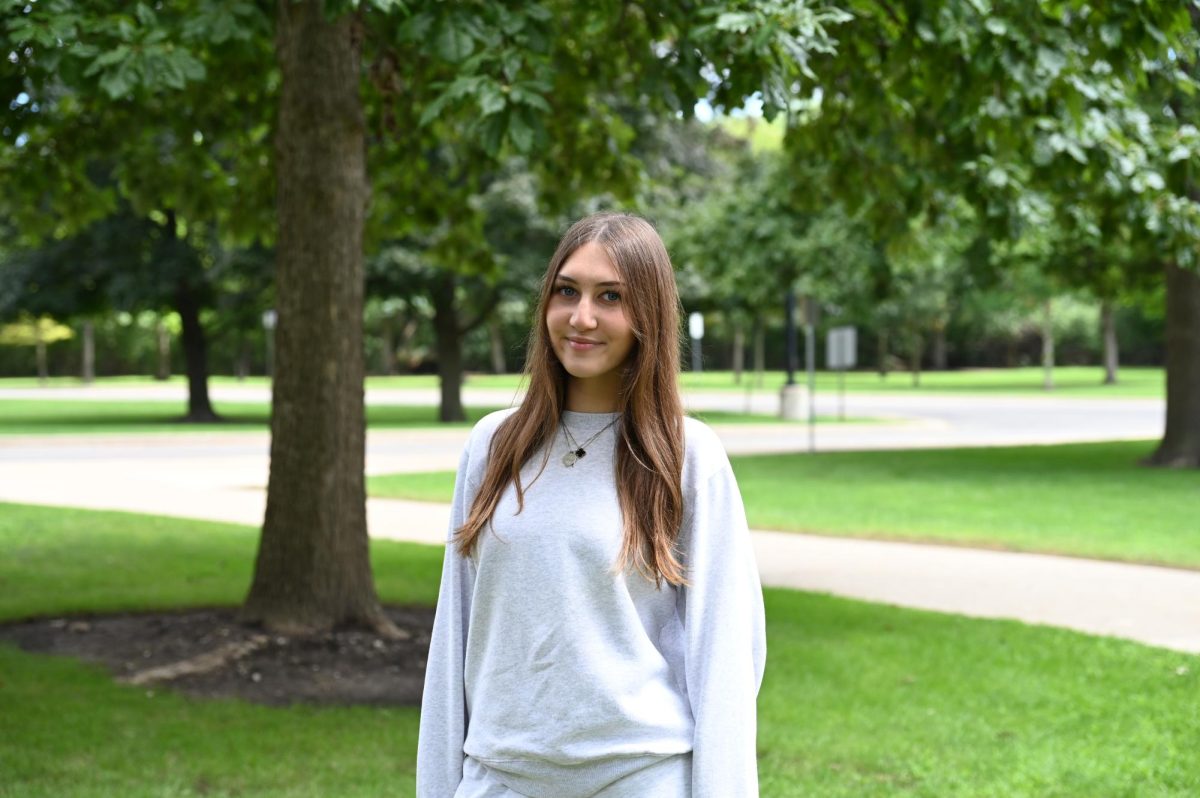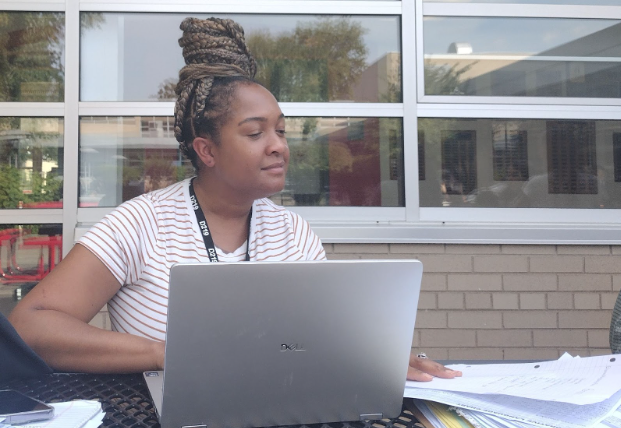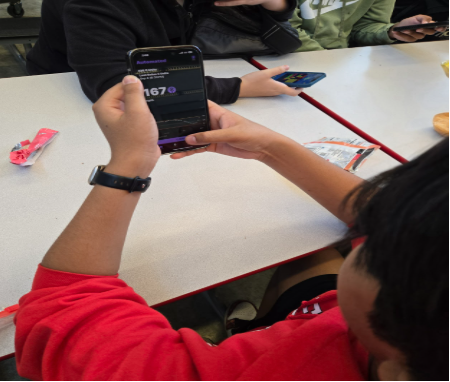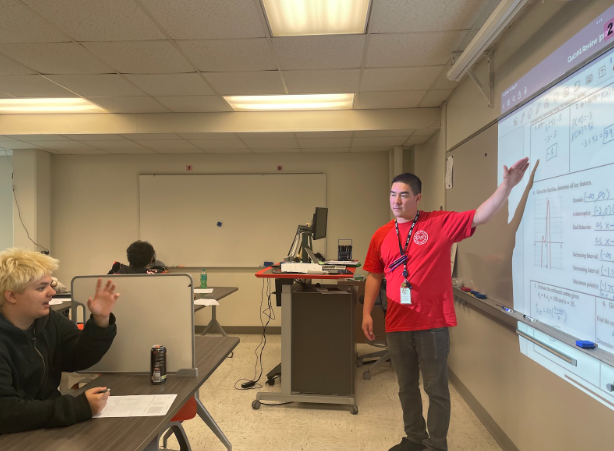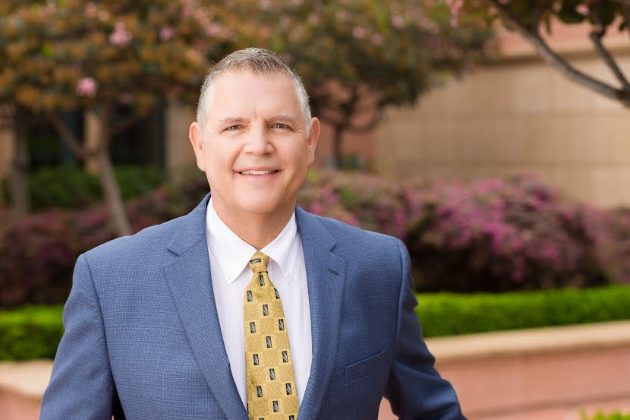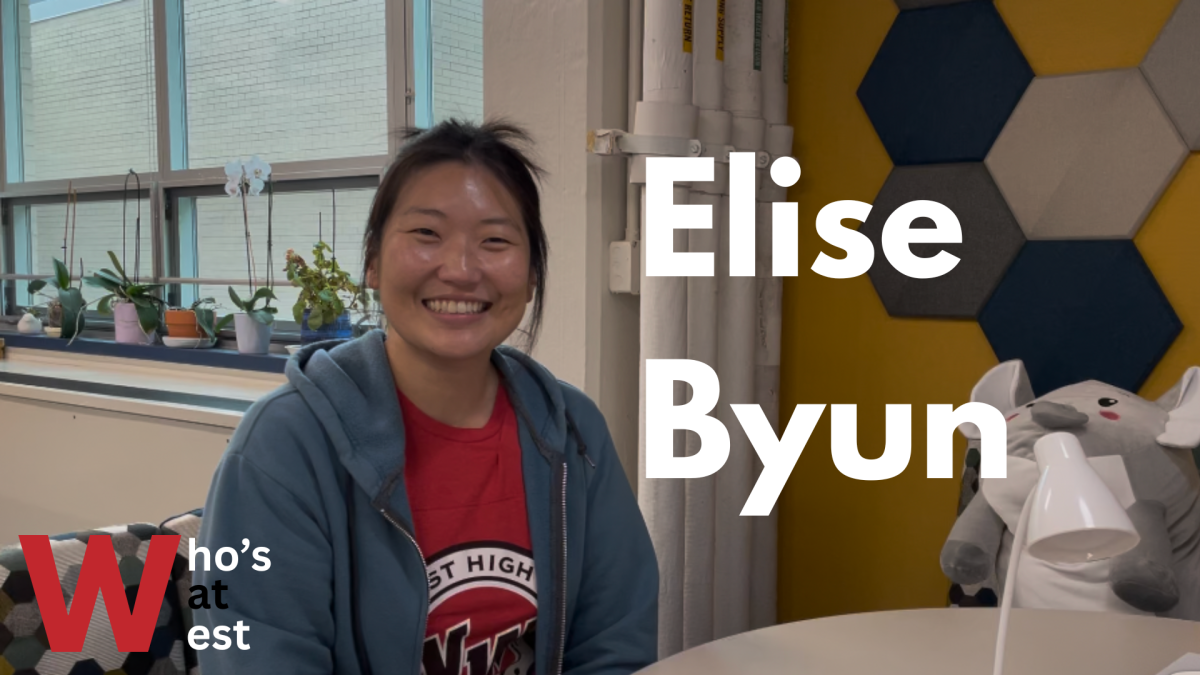This story is part of the Niles West News 2025 Immigration Series which documents community members’ experiences immigrating to the United States. Most of these stories are written by Niles West News writers, but some will feature guest writers who will tell their family’s story.
Junior Alejandro Estrada-Giraldo moved to the U.S. from Colombia with his mom and sister, Juanita Estrada-Giraldo (class of 2024) in 2012 when he was four. His family moved because his dad, Gabriel Estrada-Giraldo, already had citizenship in the U.S. and was an engineer. Since Alejandro Estrada-Giraldo immigrated to the U.S. when he was young, he can’t remember much and assimilating was easier for him than for others, but he still remembers that he struggled with feeling homesick when he first arrived.
“I don’t remember any of this. Just the memories are fading. I guess I was pretty sad. I told everyone that day in pre-k, we packed up, and we spent, like, 12 hours flying. My mom said how we’re going to the U.S. I think I don’t remember,” Estrada-Giraldo said.
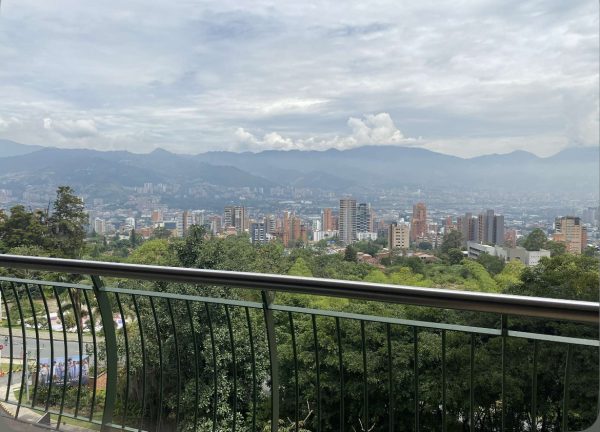
Even though Estrada couldn’t remember a lot, his sister has memories of Colombia, recalling it being more community-oriented, so when she moved to the U.S., one of the biggest shocks was the lack of community.
“I think the biggest culture shock when I moved to America was that there was a lot less community around people. South America is a place that really believes in the phrase ‘it takes a village,’ we believe that building community with those around you is really important. However, in America, a lot of people were much more interested in themselves and helping their own, I noticed a lot less connection between those around me,” Juanita Estrada-Giraldo said.
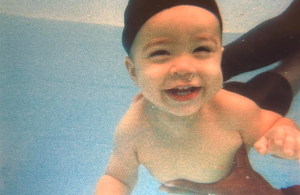
Alejandro Estrada-Giraldo remembers the first time he experienced snow since it doesn’t snow in Colombia besides the mountains. When he first got here, there was tons of culture shock; there were still things he missed from Colombia.
“I assimilated pretty easily. I guess I missed the food. It’s just not the same. Because, like, you know, there’s, Colombian stores here, right? But the food, the portions aren’t as big, and it’s just not the same,” Alejandro Estrada-Giraldo said.
Alejandro Estrada-Giraldo recalls struggling with the language barrier when he first moved. He says his biggest advice for immigrants is to speak English in order to live comfortably.
“Study, study English. Gotta study English so you can live comfortably here. English took a lot of learning. I remember first grade was kind of rough since I didn’t know any English,” Alejandro Estrada-Giraldo said.
Juanita Estrada-Giraldo finds that the language barrier she had made her more empathetic and that being an immigrant made her stronger. Having to learn a new language made her less afraid of change and made her empathize with people in difficult life positions since she had been through the same problems.
“I think being an immigrant has strengthened me as a person. The fact that I had to learn an entirely new language in under a year in order to become part of this new country pushed me to be someone who is unafraid of change. I think it’s also made me a more empathetic person because, as an immigrant, I understand how difficult life can be in places that don’t offer as many privileges as the US does. This makes me empathetic to the struggles others go through because I went through those same problems,” Juanita Estrada-Giraldo said.
Each year in AP U.S. History, social studies teacher Matthew Wiemer assigns an immigration project, including a presentation in which students tell the class about their family’s immigration to the U.S. Alejandro Estrada-Giraldo presented his story to the class this year.
“We’ve had 120 students present, and we’ve already had 18 different countries represented. So just the vast amount of places from all over the world that our students are coming from is pretty amazing,” Wiemer said
Wiemer said that people who are against immigration should talk to people who have immigrated and try to be more open-minded.
“Talk to somebody who’s gone through that experience before you make a judgment about immigration. If anything, doing a project like this and seeing a fellow student at our school present some stories, and they’re sometimes very sad or heartbreaking stories that they’re presenting, which hopefully, opens up some people’s minds too… these are human beings with real lived experiences,” Wiemer said.


